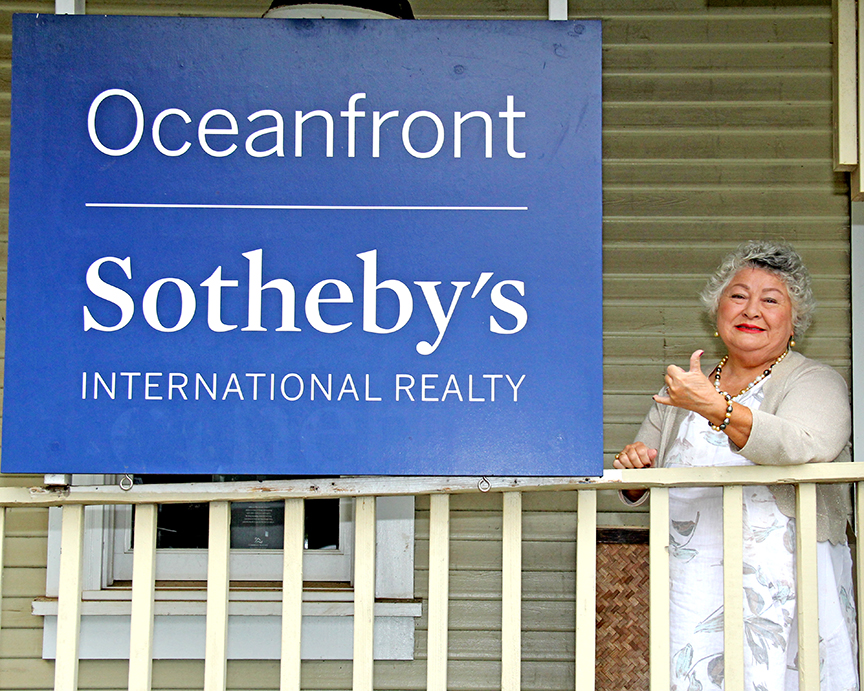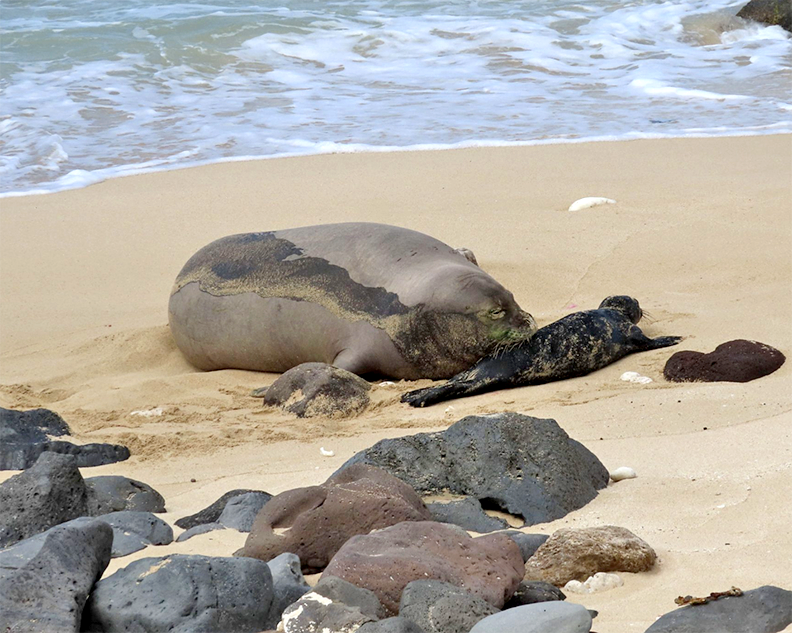By Léo Azambuja

Léo Azambuja
About 10 years ago, I spent a year on Molokai working for their local newspaper, The Molokai Dispatch. It was during that time that I heard for the first time the term “value-added product.” It changed the way I looked at agriculture. Small farms now can turn a decent profit by processing and marketing their own produce.
While working on Molokai, I was assigned to cover a presentation from a Maui farm representative. The Ali‘i Kula Lavender farm grew many varieties of lavender, but a lot of their revenues came from ag tours through their farm and from selling their value-added products — soaps, lotions, teas, candles, etc.
Months later, while visiting Maui, I went to the Ali‘i Kula Lavender farm to have a look at what that rep said. The farm itself was small, about 13.5 acres, but their gift shop was quite impressive. Then I visited a goat farm, charmingly named Surfing Goat Dairy. I didn’t take the tour, but I did buy some awesome goat cheese that went really well with the wine and artisanal bread I bought at a store in Kula. The picnic my girlfriend I had, by the way, was epic.
But was also epic was what happened with the money we dropped at those farms on Maui. When we spend a dollar in a local business, it multiplies by 1.6 because it is re-spent in the local economy. On Molokai, a couple homestead farmers were also reaping from the concept, marketing sweet potato chips and macadamia nuts.
When I moved back on Kaua‘i, I paid attention to small farms that had already joined the bandwagon and were producing value-added products. My favorite was Kunana Dairy’s goat cheese. Today, value-added products have increased exponentially. You can find a wide variety of them in every farmers market on the island. And many farms offer ag tours. There are at least three chocolate farm tours (one of them is featured on this issue’s cover article), a goat farm tour, a tea farm tour, a coffee farm tour and many others.
As Steelgrass Chocolate Farm’s Will Lydgate said, the future of Hawai‘i’s agriculture is in value-added products. Thankfully, our local officials understand that, and have worked tirelessly with farmers to support their work, produce and products. Programs like Kaua‘i Made and Kaua‘i Grown have a strong positive impact on the local economy. Tax laws and permission to sell at the county’s Sunshine Markets also help the concept. Everyone wins, from the consumer to the farmer to the government.
Whenever I see the logo from the Kaua‘i Made or Grown programs, it makes me want to support them. One of my favorite stores on the island is The Kaua‘i Store in Kapa‘a, carrying mostly locally made products. They also offer a kama‘aina discount, and if you come in with a smile there is a good chance you’ll get to try free island chocolate.
For farmers, turning produce into products is like growing money on trees. For the consumer, buying value-added products is like putting fertilizer on those money trees. Keeping our money on island means the money we spend will eventually come back to us.
It’s just like planting — and harvesting — money.
Discover more from ForKauaiOnline
Subscribe to get the latest posts sent to your email.




Leave a Reply